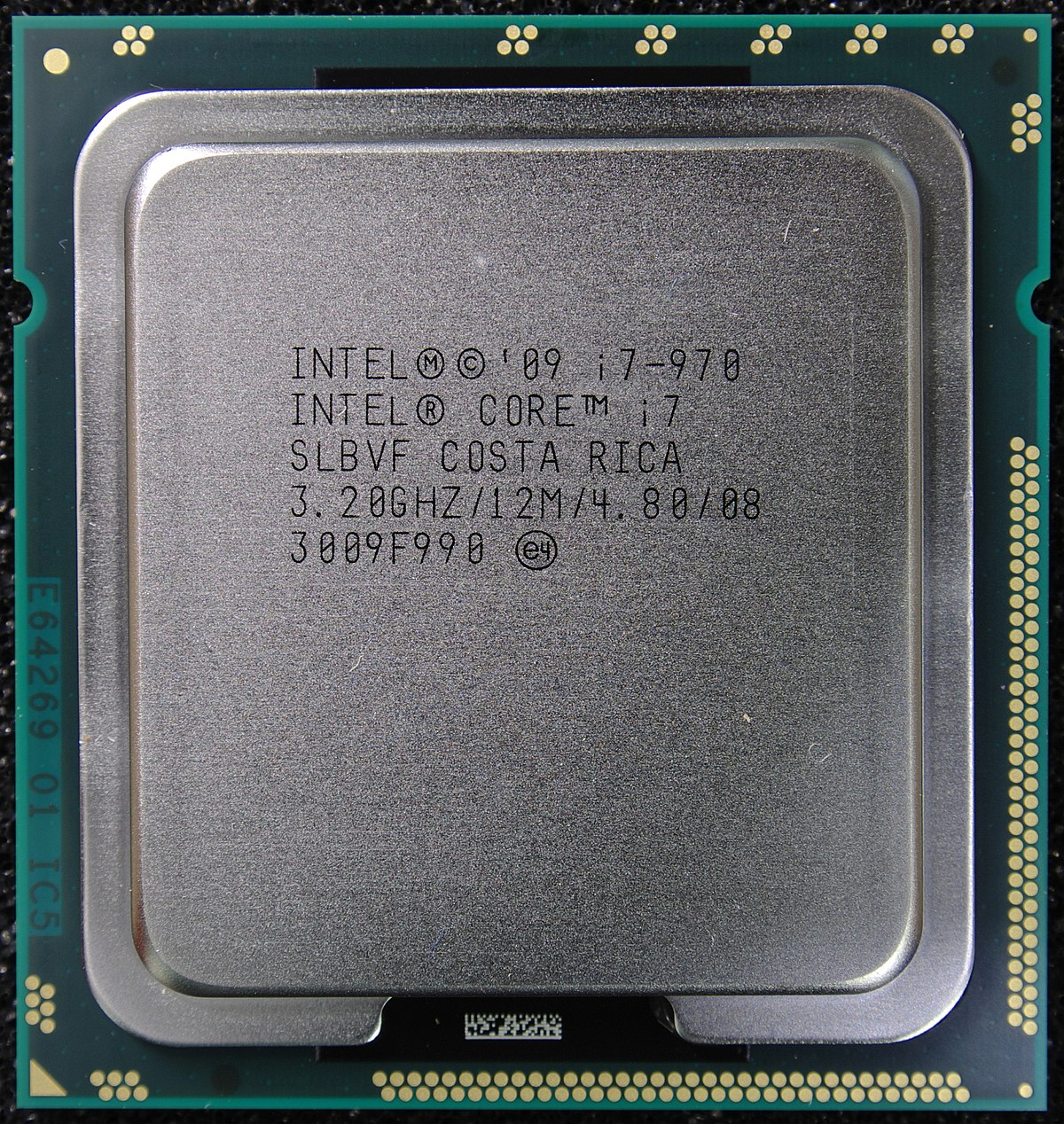Originally posted by CommunityMember
View Post
Originally posted by CommunityMember
View Post
Originally posted by CommunityMember
View Post
Originally posted by CommunityMember
View Post
Originally posted by CommunityMember
View Post


Leave a comment: